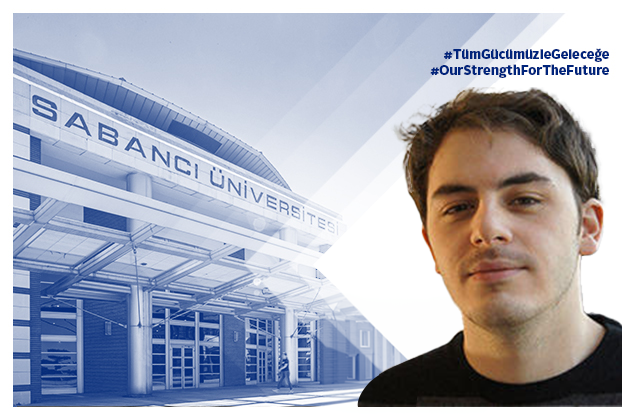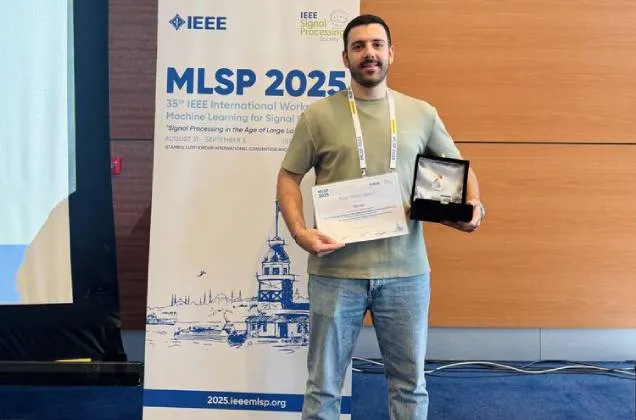16/07/2024
The project entitled "Cybersecurity for Industry 4.0 Technologies in Operational Technology - CyberSec4OT", prepared by our Faculty Member Orçun Çetin, submitted to the DIGITAL-2023-SKILLS-05-CYBERACADEMY call within the scope of Digital Europe, has been accepted.

Coordinated by Sabancı University, this project is the first project in which a Turkish stakeholder has been appointed as coordinator within the scope of the Digital Europe call. The budget of the project is 3,400,000 Euros, while Sabancı University's budget is 388,000 Euros in total.
The project aims to address the shortage of cybersecurity experts by providing training on Operational Technology (OT) cybersecurity to individuals with technical and non-technical backgrounds. At the same time, it aims to increase the resilience of institutions and companies against cyber-attacks during the integration of Industry 4.0 technologies into manufacturing systems.
In addition, the project includes the development of training programs, the provision of theoretical and practical training on subjects such as fundamentals of computing and operational technologies, network security and cryptography, penetration testing for OT systems, malware analysis and incident response, secure coding, and software security for OT, as well as raising awareness of cybersecurity challenges in OT at all levels within the company. At the end of the project, 300 individuals will be trained through a combination of online and face-to-face training sessions and 70 individuals will be eligible to receive international certificates. It will involve 150 participants in the process with a practical workshop emphasizing "on-the-job training".
The project aims to contribute to reducing the deficit of approximately 200,000 cyber security experts in Europe. The project has been strategically prepared to support the broader Cybersecurity Skills Academy initiative adopted by the European Commission and aims to contribute to reducing this gap.




